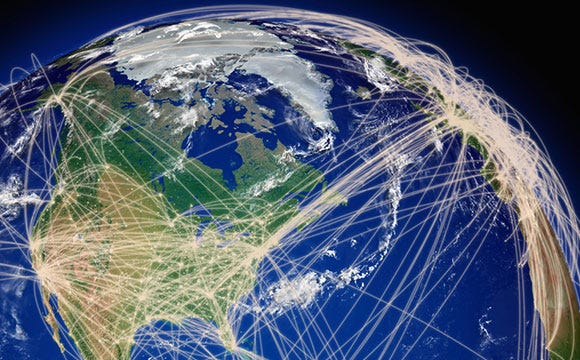The Global System: ripe for a paradigm shift?
by Velina Tchakarova
Velina Tchakarova
Jun 1520 min read
“Complexity by itself is not the catalyst in which a system might crash. Rather, it is how the complexity emerges in a system that determines whether that system will do what it was intended to do or morph into an unworkable organization clogged by bottlenecks and blockages.” In Defense of Chaos by L.K. Samuels (2013: 28).
Global affairs have become too complex and unpredictable, which is a combination sufficient to create a sense of imminent danger spreading fast among state and non-state actors. And yet, the world is not falling apart due to the growing complexity, as complexity itself does not trigger a system collapse. In fact, as Steven Pinker and Andrew Mack convincingly demonstrate in their article, the world has never experienced more peaceful times in the history of mankind. However, the Global Peace Index 2016 shows that the world has started becoming more violent and less equal in the last decade.
What is more important, the system of global affairs (Global System) is undergoing major transformation processes, which are being triggered by the Fourth Industrial Revolution, by the new modes of globalization as well as by the significant role of emerging powers, just to name a few. Indeed, there are already various analyses on the transformation processes and structures regarding e.g. the global finance, monetary, economy, trade, energy or international and regional institutions and organizations, whereas their focus is particularly being put either on the international, the regional or the state level, rather than being systematically captured. Inspired by a system analysis, however, I seek to extend the current knowledge by offering a system perspective on the Global System transformation.

No comments:
Post a Comment